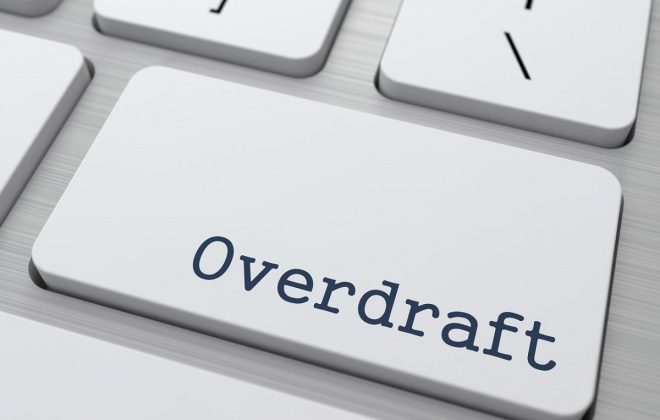The consequences of defaulting on your loan
A personal loan may be exactly what you need. But before you jump into the deep end, you should understand the consequences of belly-flopping on the surface and nose-diving into the floor.
After you receive your personal loan, you will be required to pay it off over time. But what happens if you can’t make your payments?
“A failure to do so will, in many instances, result in you undergoing the below collection processes, which is both time consuming and expensive – never mind stressful,” says Gary Kayle, founder of the Money School and a facilitator of 1Life’s Truth About Money initiative.
According to Kayle, if you default on your personal loan repayments, you will become subject to the following process:
1. Default
So, the first step is, of course, the default itself. Once you miss a payment, you will start to face an increasing list of consequences.
“Simply put, you had an agreement with a creditor, where you committed to repay a certain amount of money over a specified period, and you haven’t kept your end of the bargain,” says Kayle.
“Once you default on your monthly repayments, the lender then proceeds to flag you on their system and will contact you either via SMS, email, or telephonically to recover the outstanding monies. This step is not yet severe,” he explains.
2. Handed over to collections
If you don’t remedy the problem after the first step, the lender will hand your details over to either their collections department, or a call centre that will act on their behalf.
“It’s important to note that, through this process, they start off nicely and the more you resist, the stronger they will get in their approach to get the money you owe to them,” says Kayle.
3. Listed on credit bureaus
If this still doesn’t resolve the problem, the lender will contact the credit bureaus and they will alter your credit record.
“This will limit your chances of getting credit from another service provider in future, as they fear you will also default on payments. This is extremely concerning if you plan to buy assets, like a home, and if you’re looking for a new job, this can work against you,” says Kayle.
4. Letter of demand
Assuming you’re unaffected by a degraded credit record, lenders will move on to the next step. Here they will involve lawyers and force you to pay for their expenses.
“What many consumers overlook is that at ‘the point of sale’ (the moment you agree to the conditions of the personal loan), there is a clause in the agreement that states that, ‘if you default on payment, you agree that you will pay us to collect the money from you (legal)’,” explains Kayle.
“During this process the lenders’ appointed attorneys will begin sending you ‘love letters’ – which you are essentially paying for. If that isn’t scary enough, you also get charged for every phone call they make, over and above the money you owe on your personal loan,” he adds.
5. Judgement in court
If the above methods remain unsuccessful, lenders will escalate the matter and take it to court – at your expense.
Kayle points out that you will need to be present during the judgement, and if you choose not to, the lawyers together with the magistrate will decide how much you should pay, in your absence.
“Once the lender has been awarded a judgment against you, they go back to the credit bureau to update your status to reflect the judgement, which will reflect on your credit record for five years,” says Kayle.
6. Either garnishee or a sheriff will take your assets
As a last resort, assuming none of the above has worked, lenders will apply for a garnishee order against your salary, under instruction of the court.
“This means they send a sheriff to your employer and demand they attach all outstanding amounts to your salary which will go to the lawyers at the end of each month,” explains Kayle.
“In most instances, your employer will have no choice but to accept this order, and a failure to do so will mean that the courts can proceed to attach your employers’ assets to pay your debt – this is not an ideal situation,” says Kayle.
“As such, I strongly believe that consumers need to be responsible in how they manage their debt, as the above process certainly proves that there is no ‘running away’ from outstanding debt,” he adds.
Kayle believes you should make use of the resources available to you when you’re struggling with debt, including several courses you can do to help you manage your finances when you have debt.
MoneyShop





